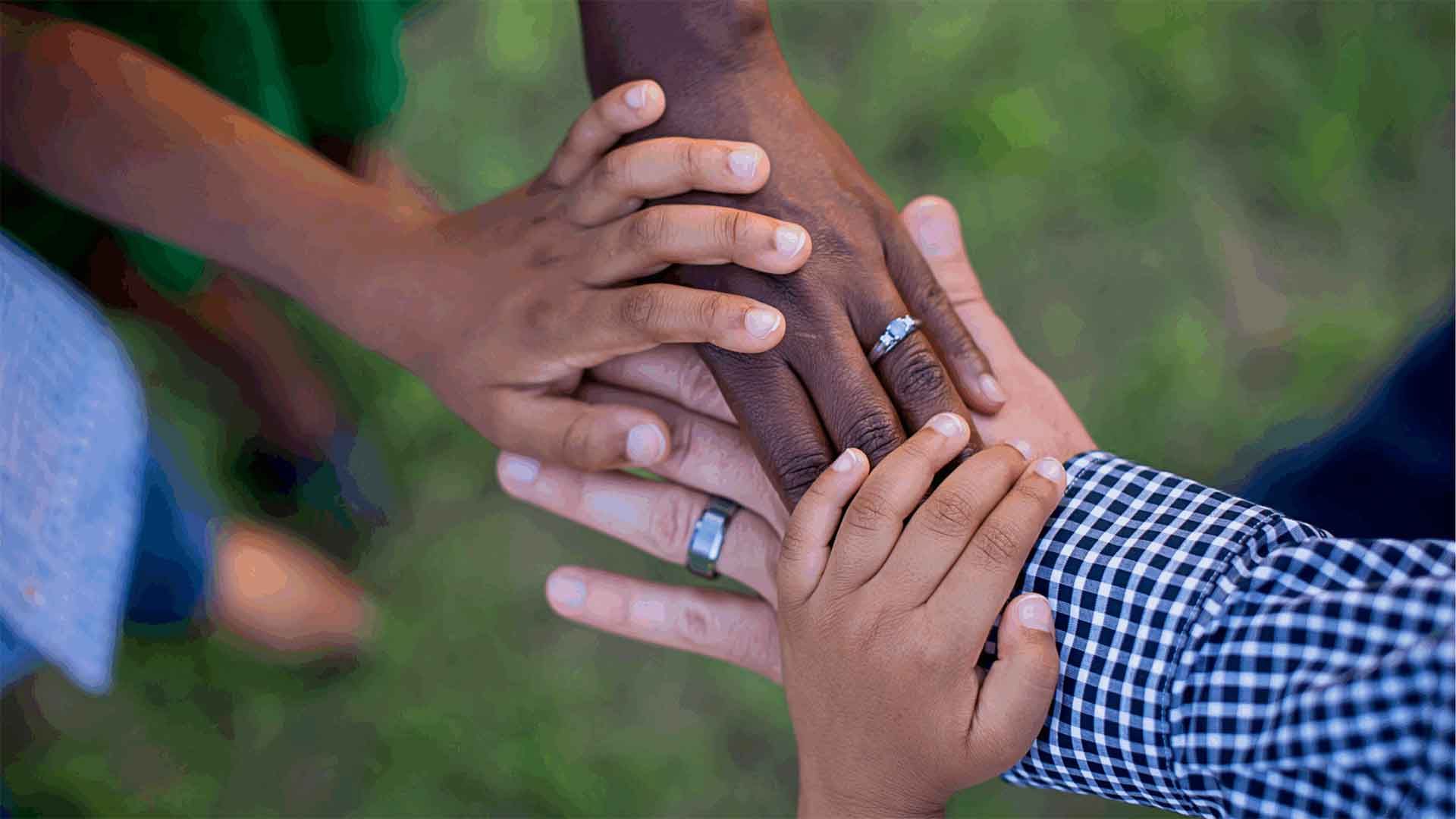Loving Day: A Legacy of Love, Justice, and Belonging

At Jefferson Center, we honor the different cultural traditions and histories that shape our communities. One of those important moments is Loving Day, celebrated every year on June 12. This day marks the anniversary of the 1967 Loving v. Virginia Supreme Court decision, which ended laws banning interracial marriage in the United States.
Loving Day began with Mildred Jeter, a Black woman, and Richard Loving, a white man, who fell in love in Virginia and wanted to build a life together. In 1958, they got legally married in Washington, D.C., since it was illegal in Virginia. But when they returned home, they were arrested for breaking the law—simply because of their love.
Their punishment was one year in jail, but a judge offered them a deal: they could avoid prison if they left Virginia and didn’t come back for 25 years. The Lovings moved to Washington, D.C., but missed their families and the place they called home. In 1963, during the civil rights movement, Mildred decided to take a stand. She wrote a letter to U.S. Attorney General Robert Kennedy asking for help.
With the support of the ACLU, the Lovings’ case went all the way to the Supreme Court. On June 12, 1967, the court ruled in their favor. It was a unanimous decision that struck down laws against interracial marriage. This case changed the future for families across the country and became a key victory in the civil rights movement.
More than 50 years later, Loving Day is continues to reminds us that love is love—and that everyone deserves the right to be with who they love, without fear or shame. Sadly, a 2018 survey showed that nearly 1 in 5 Americans still believe interracial relationships are “morally wrong.” That’s why this day is more than history—it’s a chance to reflect, learn, and support every kind of family.
At Jefferson Center, we honor and support the right for you to love who you love, and are here to provide the care and community you need. That means taking the time to understand the unique stories and needs of each person. It means checking our own biases and growing together, ensuring each person receives the dignity and care they deserve that honors who they are.
We invite you to learn more about Loving Day and how you can support inclusion in your own life, relationships, and community.
Resource Categories
- Addiction & Substance Use
- Anxiety
- Child Mental Health
- Crisis and Trauma
- Depression
- Exercise
- Just The Facts
- LGBTQIA+ & Pride
- Medicaid
- Men’s Mental Health
- Parenting
- Recovery
- Senior and Older Adult
- Socializing
- Stigma
- Stress
- Suicide Prevention
- Support & Advocacy
- Teen’s Mental Health
- Treatment Options
- Women’s Mental Health